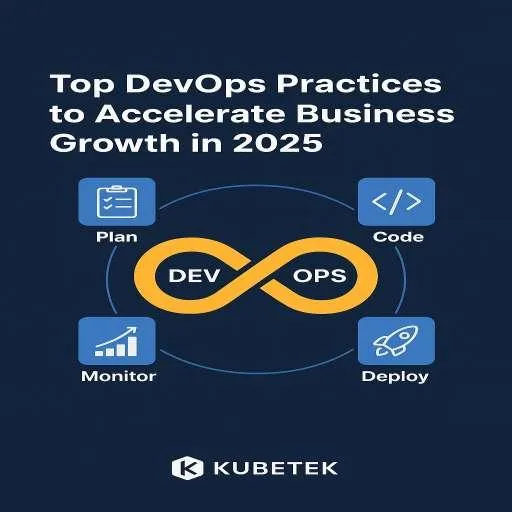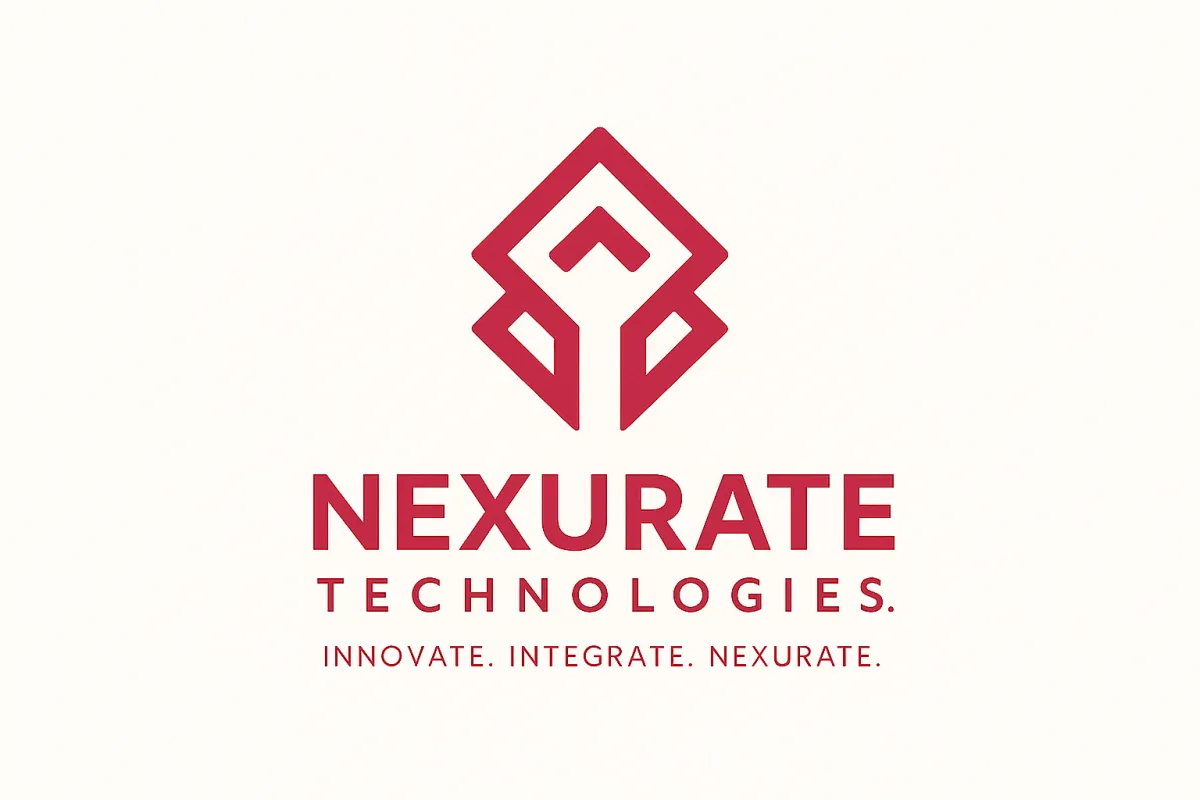India (Toll Free): 0008009192128
US & Canada:+1 5799997599
📢 Nexurate Analytics Services
📊 Unlock Business Potential with Nexurate's Analytics Services
In today’s competitive digital landscape, businesses cannot afford to make decisions in the dark. Nexurate’s analytics services empower small to medium enterprises (SMEs), e-commerce businesses, SaaS companies, and digital marketing agencies to transform raw data into actionable insights, drive performance, and fuel sustainable growth.
Whether you need predictive analytics consulting, web analytics for SMEs, or advanced business intelligence solutions, Nexurate delivers the tools, strategies, and expertise to help you make data-driven decisions confidently.
Data-Driven Decisions
🤖 AI-Powered Analytics
📊 Interactive Dashboards
🌐 Comprehensive Market Insights
💡 Optimized Performance & ROI
🔍 Our Analytics Service Offerings
💬 Data Analysis & Reporting – Leverage advanced analytical techniques to interpret complex data sets, uncover trends, and generate comprehensive reports that inform strategic decisions.
🌍 Predictive Analytics– Utilize statistical algorithms and machine learning techniques to forecast future trends, enabling proactive planning and risk mitigation.
⚡Business Intelligence Solutions – Implement BI tools to consolidate data from various sources, providing real-time dashboards and visualizations that enhance decision-making processes.
📊 Market & Customer Insights – Analyze market dynamics and customer behavior to identify opportunities, refine marketing strategies, and improve customer engagement.
Get Free Trial of Nexurate Conversational AI Agent
Our AI understands context, tone, and intent using advanced NLP algorithms. Emotion detection capabilities ensure empathetic responses that match customer mood and needs. Every conversation trains the system to become smarter. Machine learning algorithms continuously improve accuracy, response quality, and customer satisfaction rates.
Blogs

Top Dev Ops Practices to Accelerate Business Growth in 2025
Introduction
The business world is evolving faster than ever, and technology is at the heart of that transformation. Companies today face intense competition, rising customer expectations, and constant demand for innovation. To stay ahead, businesses need faster software delivery, higher reliability, and greater scalability.
That’s where DevOps comes in. DevOps is more than just a buzzword—it’s a cultural and technological shift that unites development and operations teams to achieve faster deployments, smoother collaboration, and reliable systems.
In 2025, adopting DevOps isn’t optional—it’s essential. The right DevOps practices can help you accelerate growth, improve efficiency, and give your business a edge in today’s digital economy. At Kubetek.site, we specialize in helping businesses implement DevOps and cloud strategies that deliver real results.
Let’s dive into the top DevOps practices that will shape success in 2025.

Why DevOps is Crucial for Business Growth in 2025
The global shift to digital-first operations has changed how businesses function. Here’s why DevOps is no longer optional:
Speed to Market: Customers expect new features quickly. DevOps shortens release cycles.
Scalability: Cloud-native DevOps enables seamless scaling as businesses grow.
Resilience: Automation reduces downtime and increases reliability.
Competitive Edge: Businesses with DevOps strategies outperform their peers in efficiency and innovation.
In 2025, adopting DevOps is a business growth strategy, not just a tech decision.
Top DevOps Practices for 2025
1. Continuous Integration (CI) & Continuous Deployment (CD)
CI/CD is the backbone of modern DevOps.
CI (Continuous Integration): Developers frequently merge code into a shared repository, where automated tests ensure stability.
CD (Continuous Deployment): Automates the release process, enabling businesses to deliver features faster and with fewer errors.
Business Impact: Faster releases, fewer bugs, happier customers.
2. Infrastructure as Code (IaC)
IaC turns infrastructure into software. Using tools like Terraform, Ansible, or AWS CloudFormation, teams define infrastructure in code that can be deployed consistently.
Benefits:
Repeatability and consistency.
Faster disaster recovery.
Reduced manual errors.
Business Impact: Lower costs and greater agility.
3. Cloud-Native DevOps
By 2025, most enterprises are moving towards cloud-native environments powered by Kubernetes, Docker, and microservices.
Why It Matters:
Containers make applications portable.
Kubernetes enables scaling on demand.
Cloud-native models reduce infrastructure costs.
Business Impact: Flexible, scalable, cost-efficient IT operations.
4. Automated Testing & Monitoring
Automation ensures speed doesn’t come at the cost of quality. Tools like Jenkins, Selenium, Prometheus, and Grafana provide automated testing, monitoring, and alerts.
Business Impact: Improved system reliability and customer satisfaction.
5. Security Integration (DevSecOps)
Cybersecurity threats are rising. DevSecOps integrates security directly into DevOps pipelines.
Practices Include:
Automated vulnerability scanning.
Security checks in CI/CD.
Policy enforcement with tools like Snyk, Aqua, and HashiCorp Vault.
Business Impact: Reduced risks, better compliance, and secure innovation.
6. Collaboration & Culture Shift
DevOps is not just tools—it’s a mindset. It requires breaking silos between development, operations, and business teams.
Key Elements:
Cross-team collaboration.
Agile methodologies.
Shared responsibility.
Business Impact: Faster decisions, reduced downtime, and higher efficiency.
Business Benefits of Implementing DevOps Best Practices
When businesses adopt DevOps effectively, they experience:
50% faster deployment cycles (source: industry benchmarks).
Reduced downtime through proactive monitoring.
30–40% cost savings via cloud automation.
Improved customer satisfaction with reliable services.
Faster scaling to meet market demand.
In other words, DevOps doesn’t just make IT better—it directly impacts revenue and growth.
Common Challenges in Adopting DevOps (and How to Overcome Them)
Cultural Resistance:
Challenge: Teams resist change.
Solution: Invest in training and leadership buy-in.
Skill Gaps:
Challenge: Lack of expertise in DevOps tools.
Solution: Partner with consulting firms like Kubetek.site to upskill teams.
Toolchain Complexity:
Challenge: Too many overlapping tools.
Solution: Streamline with integrated solutions (GitLab, Azure DevOps).
By addressing these challenges early, businesses can implement DevOps smoothly.
Future Trends in DevOps for 2025 and Beyond
DevOps is still evolving. Here’s what the future holds:
AIOps (AI-powered DevOps): Using AI/ML to predict failures and optimize resources.
GitOps: Managing infrastructure through Git repositories for transparency and control.
Edge Computing Integration: DevOps pipelines extending to IoT and edge devices.
Deeper DevSecOps: Security-first mindset across all operations.
Businesses that embrace these trends will stay competitive in the digital era.
How Kubetek Helps Businesses Scale with DevOps
At Kubetek.site, we help businesses implement cloud and DevOps strategies tailored to their growth goals.
✅ Custom DevOps Solutions – CI/CD pipelines, cloud-native infrastructure, IaC.
✅ Cloud Migration & Optimization – Move smoothly to AWS, Azure, or GCP.
✅ DevSecOps Implementation – Build secure and compliant systems.
✅ Business Scaling Support – Enable companies to grow 100x with automation and efficiency.
Case in point: Many of our clients reduced deployment times from weeks to hours, saving costs while improving customer satisfaction.
Conclusion
The future of business growth lies in DevOps practices that blend speed, security, and scalability. From CI/CD pipelines to DevSecOps, these practices are no longer optional—they’re critical to thriving in 2025.
Businesses that invest in DevOps will enjoy faster innovation, reduced costs, and stronger market positions.
👉 Ready to accelerate your business with DevOps?
Partner with Kubetek.site today and scale your business.
🚀 Why Choose Nexurate for Analytics Services?

Expertise
Our team comprises seasoned data scientists and analysts proficient in the latest analytical tools and methodologies.

Customization
We offer solutions tailored to your specific business needs, ensuring relevance and effectiveness.

Actionable Insights
Our analytics deliver clear, actionable insights that drive measurable improvements in performance.

Scalability
Our services are designed to grow with your business, adapting to evolving data requirements.
🛠️ Tools & Technologies We Use
👉 At Nexurate, we transform raw data into actionable insights, empowering businesses to make informed decisions, optimize operations, and drive growth. Our comprehensive analytics services cater to diverse industries, providing tailored solutions that align with your unique business objectives.
📈 Proven Success Across Industries
Our analytics services have empowered businesses in various sectors, including retail, healthcare, finance, and manufacturing, to achieve significant improvements in efficiency, customer satisfaction, and profitability.
01.
Google Analytics
Track and analyze website traffic to understand user behavior and optimize online presence.
03.
💡Tableau
Develop dynamic visualizations to facilitate data-driven decision-making.
02.
📈 Power BI
Create interactive reports and dashboards for comprehensive data visualization.
04.
📊 Python & R
Employ advanced programming languages for data analysis and predictive modeling.
🔥 Get Started with Nexurate's Analytics
📩 Unlock the full potential of your data today.
Request a Free Consultation
Download Our Analytics Case Study
Chat with Our Experts
Transform your business with data-driven decision making, actionable insights, and measurable growth.
👉 Don’t wait — Get started today with Nexurate!
Frequently Asked Questions
What are analytics services, and why are they important for my business?
Analytics services help businesses collect, process, and interpret data to make informed decisions. They uncover trends, optimize operations, and improve customer engagement, ultimately driving growth and profitability.
What industries can benefit from Nexurate’s analytics services?
Our analytics solutions are versatile and cater to retail, healthcare, finance, manufacturing, e-commerce, and more. Any business looking to leverage data for strategic decisions can benefit.
Which tools and technologies does Nexurate use for analytics?
We use industry-leading tools such as Google Analytics, Power BI, Tableau, along with advanced programming in Python and R for predictive analytics and data visualization.
How can predictive analytics help my business?
Predictive analytics uses historical data and AI-driven algorithms to forecast trends, enabling proactive planning, risk mitigation, and smarter decision-making.
Can Nexurate customize analytics solutions for my specific business needs?
Absolutely! We tailor our analytics services to your business objectives, ensuring relevance, actionable insights, and measurable results.
How quickly can I start seeing results from analytics services?
While it depends on your data and business complexity, clients often start seeing actionable insights within weeks, with long-term optimization improving performance and ROI over time.
How do analytics services improve customer engagement?
By analyzing customer behavior, preferences, and market trends, we help you design targeted strategies, personalize experiences, and enhance overall engagement.
Are Nexurate’s analytics services scalable for growing businesses?
Yes. Our solutions are designed to scale with your business, adapting to increasing data volumes and evolving analytics requirements without compromising performance.
Contact Us
Get in touch with us today to discuss how we can help elevate your brand through expert digital marketing solutions.
Free Growth Strategy Session !
Are you ready to take your Business to the next level? how Nexurate Can Help Get More Leads, Customers, and Sales...

